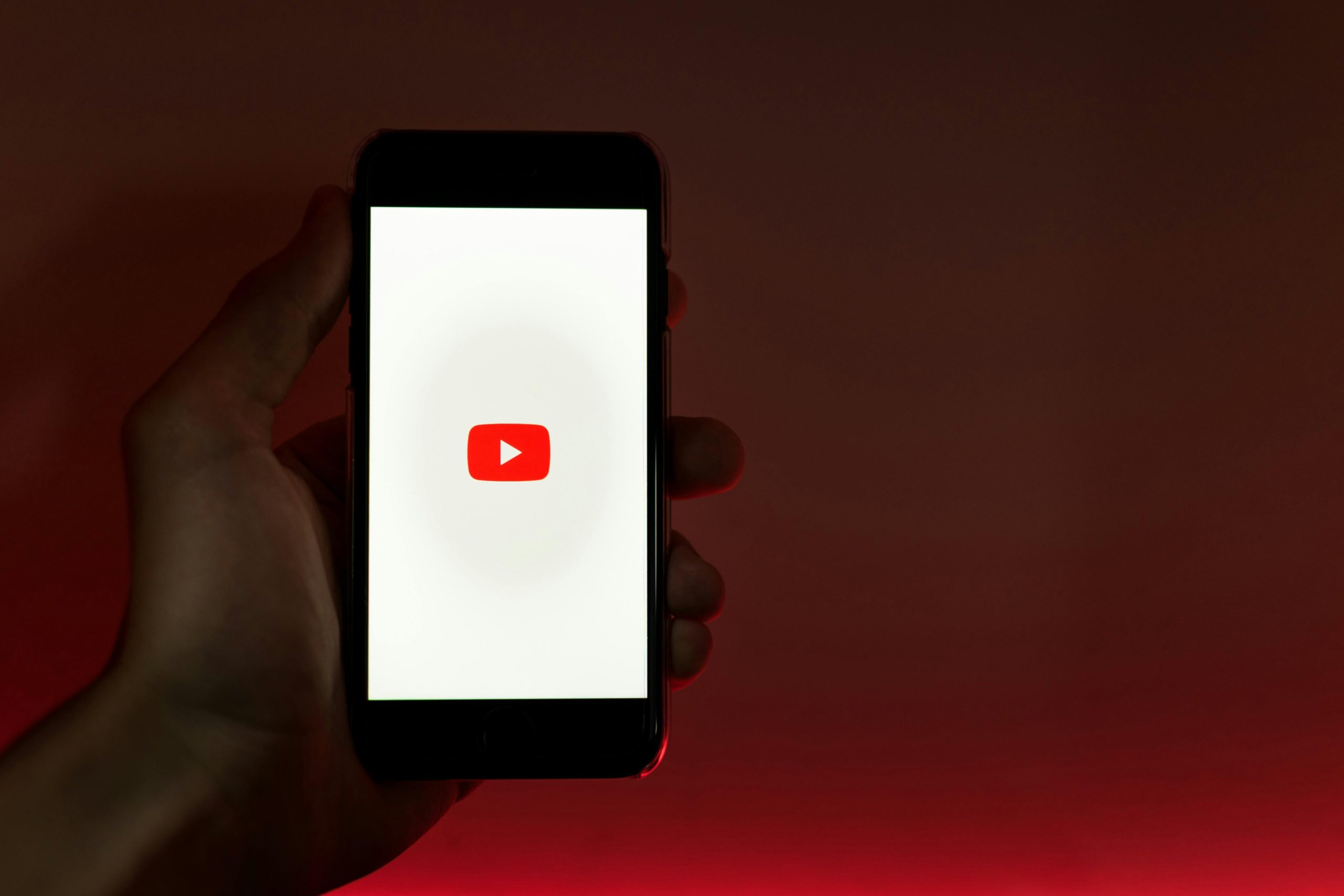My Manager Suspects Cheating Due to My Use of AI to Manage Workload
Using AI to Enhance Productivity: Navigating Workplace Perceptions
In the fast-paced environment of a mid-sized company, staying organized and efficient can be a constant challenge. For employees juggling numerous emails, follow-ups, tasks, and meetings, finding effective strategies to manage workload is crucial. Recently, I discovered that incorporating AI tools like ChatGPT into my daily routine significantly improved my ability to stay on top of everything.
By leveraging these advanced tools to analyze notes, organize to-do lists, draft emails, and create daily plans, I was able to streamline my workflow and reduce the chaos often associated with a busy schedule. The results were remarkable—I felt more in control, remembered important tasks, and consistently submitted work punctually, which contributed positively to my performance.
However, this approach wasn’t universally welcomed. My supervisor, who appears skeptical of AI assistance, expressed concern that my reliance on such tools might be undermining the team’s effort. During a recent discussion, he suggested that authentic work takes time and implied that my methods might be diminishing the perceived value of hard work.
This has created a somewhat uncomfortable environment, with the perception that using AI equates to cutting corners or cheating. In reality, I see technology as a means to boost productivity and work smarter, not harder. Embracing innovative tools is aligned with today’s digital age and is intended to support, not replace, genuine effort.
Ultimately, combining human skill with intelligent automation can lead to more effective work processes. It’s essential to communicate the benefits of these tools and demonstrate that they serve as complements—not substitutes—for dedicated effort. In doing so, we can foster a workplace culture that values innovation, efficiency, and continuous improvement.














Post Comment